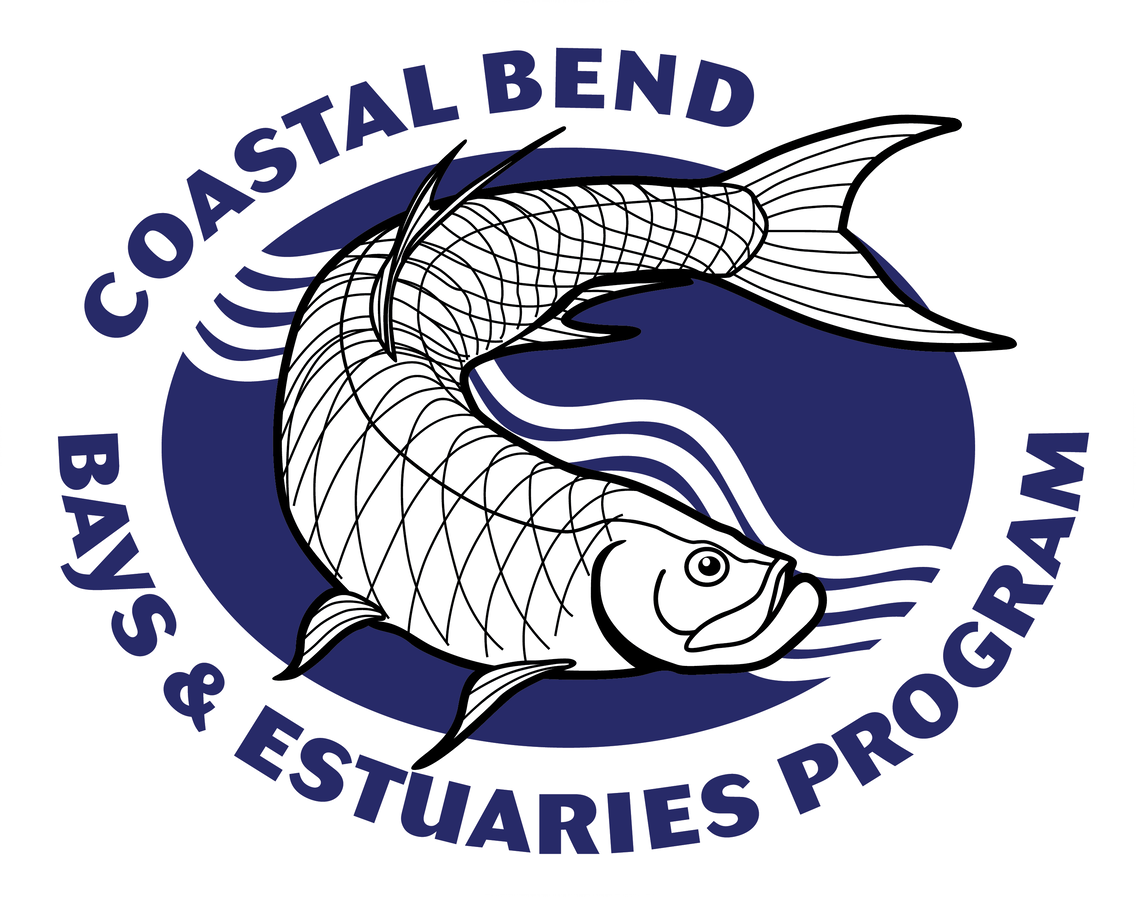TEKS Covered: 112.42(b) 1-6, (c) 1A-D&H, 2B, 3B, 4AB, 10AB, 11A, 12AB, 13A-D
Equipment used: field journals, data sheets, water quality equipment, seines, plankton nets, measuring equipment, small mammal traps, binoculars, field guides, dichotomous keys, psychrometers, anemometers, compasses, cameras (not provided), flow meters, soil test kits, thermometers, pH meters, turbidity tubes, hand lenses, shovels, trowels, sieves
Vocabulary: taxonomy, ecosystem, homeostasis, energy transfer, environment, natural selection, population, adaptation, diversity, biological systems, predation, parasitism, commensalism, mutualism, competition, food chain, food web, food pyramid, trophic levels: producers (autotrophs), primary consumers (herbivores), secondary consumers (carnivores), detrivores, decomposers
Field Trip Stations:
Habitat tour/Discovery Hike – Take a hike down a trail and analyze the interrelationships between the organisms that are found. Identify native species and invasive species.
Transect Line – Use a transect to capture an organism. Use a dichotomous key to discover the type of species.
Pond Observation & Food Web – Collect water quality data at the pond and make observations about the organisms found in this ecosystem and how they survive together. Draw a food web depicting what was observed.
Fish Journal/ID – Use different instruments to collect water quality data and to catch different organisms that live in the bayou.
Halophyte Discovery – Examine plants adapted to live where few others can survive.
Adaptations – Discover plant and animal adaptations to determine their roles in biological systems.
Water Quality/Compare and Contrast different Aquatic Habitats
Extra stations for customization:
Soils – Identify the different particle sizes in soil and describe each of them. Learn about the area where you collect the soil and sketch a profile depicting what it looks like.
Due to the size of most middle/high school trips, we usually host the grade levels over a series of days. During the field trip, a number of stations will be run by our education staff & volunteers. Students will rotate through these stations. The activities provided are sample trips for each grade level, but as always, you may customize your field trip by meeting with the educator.
For more information in planning your field trip or to customize a trip, please use our teacher workbook.
